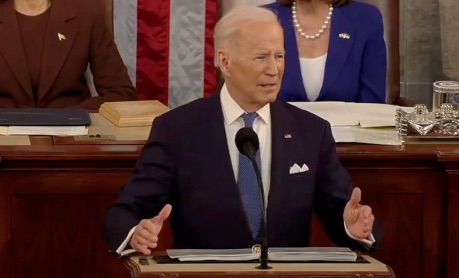Investigation: With Only $55 Million in Coffers, Los Angeles Plans to Spend $150 Million From Tax
By Adam Andrzejewski

Will this presidential election be the most important in American history?
Investigation by Adam Andrzejewski originally published by RealClearInvestigations.com and RealClearWire.com
While only roughly $55 million has been raised from a possibly unconstitutional mansion tax in Los Angeles, the City Council recently passed a spending plan for how to use $150 million — when it comes in.
L.A.’s mansion tax redistributes money from the sales of houses above $5 million. The law, which took effect on April 1, charges 4% on all residential and commercial real estate sales in the city above $5 million and a 5.5% charge on sales above $10 million.
But the city’s new tax is facing lawsuits questioning its constitutionality, with the possibility that the city may have to pay those funds back after it spends them on eviction defense, income support for rent-burden seniors, rent debt assistance, and more.
Initially, proponents estimated the tax would raise about $900 million per year, but a March report from the City Administrative Office lowered that number to $672 million, The Los Angeles Times reported.
“But once the tax took effect, L.A.’s luxury market froze,” The Times reported. “Only two homes sold for more than $5 million in the month of April, and the market hasn’t quite recovered since.”
Luxury homeowners seeking to avoid the tax have either refused to sell their homes or hired tax specialists to find loopholes, The Times reported.
Now, Mayor Karen Bass projected only $150 million in revenue from the flawed tax — with $55 million at the moment — an amount the city will have to return if the law gets overturned.
With far less money coming in because of the freeze on sales, an option to overturn it on next year’s ballot, and lawsuits, the City of Los Angeles should call an audible and admit it made a mistake.
__________
By Adam Andrzejewski – The #WasteOfTheDay is brought to you by the forensic auditors at OpenTheBooks.com
This article was originally published by RealClearInvestigations and made available via RealClearWire.








